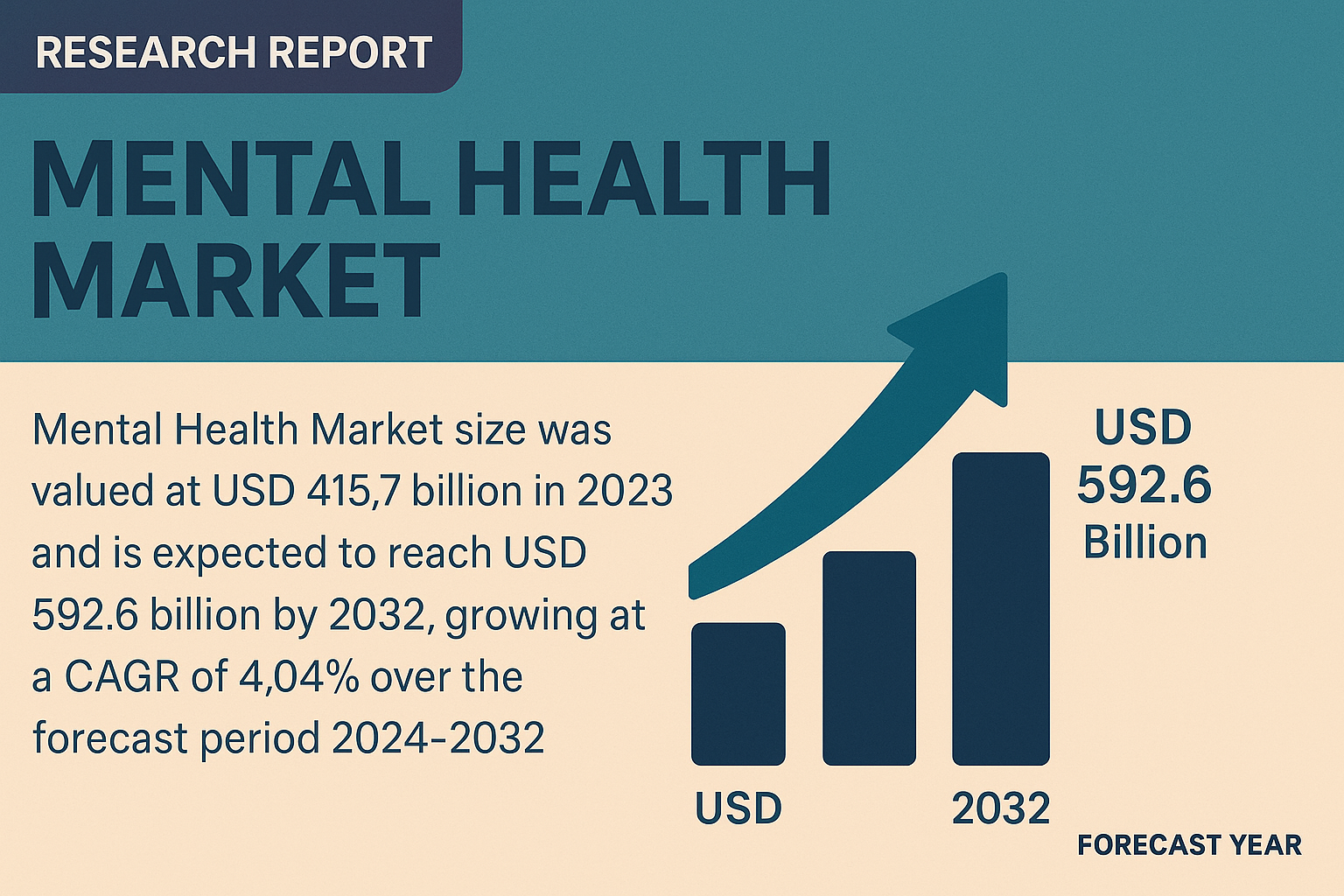
The global mental health market was valued at USD 410.7 billion in 2023 and is projected to reach USD 583.6 billion by 2031, growing at a CAGR of 4.47% over the forecast period. This growth is fueled by increasing awareness, reduced stigma, and the integration of mental health services into general healthcare systems, driving demand across demographics and geographies.
Mental health market Size is being significantly influenced by various social and technological trends. The growing prevalence of mental disorders, rising healthcare expenditures, advancements in treatment methodologies, and increased investment by public and private sectors have all contributed to the market’s expansion. Moreover, post-pandemic recognition of psychological well-being as a critical aspect of overall health continues to shape policy and consumer behavior globally.
Get Free Sample Report @ https://www.snsinsider.com/sample-request/2692
Key Players
Teladoc Health
Talkspace
Lundbeck
Headspace
Eli Lilly and Company
Johnson & Johnson
Bristol Myers Squibb
Pfizer
Novartis
GlaxoSmithKline (GSK)
AstraZeneca
Sanofi
Roche
Merck & Co.
AbbVie
Teva Pharmaceuticals
Otsuka Pharmaceutical
Takeda Pharmaceutical Company
Mindstrong Health
Pear Therapeutics
Key Points:
Market size expected to grow from USD 410.7 billion (2023) to USD 583.6 billion by 2031
Projected CAGR: 4.47% over the forecast period
Growing incidence of anxiety, depression, and PTSD drives demand
Government initiatives and mental health programs are expanding access
Adoption of teletherapy and digital mental health apps is on the rise
North America holds a dominant share due to advanced healthcare systems and policy support
Asia-Pacific region expected to witness fastest growth due to increasing awareness and investment
Future Scope:
The future of the mental health market is poised for transformative growth, especially with the rise of digital platforms and AI-enabled therapy solutions. Innovations such as app-based counseling, virtual reality exposure therapy, and chatbot-led cognitive behavioral therapy are becoming mainstream. Furthermore, integration of mental health into primary care, employer-sponsored programs, and education systems will further boost market penetration. The continued support from global health agencies and advocacy groups will reinforce long-term market sustainability and evolution.
Conclusion:
As the global population becomes increasingly mindful of psychological well-being, the mental health market is set to expand across both developed and emerging economies. With technological innovation, institutional backing, and cultural shifts reducing stigma, the market offers vast potential for stakeholders ranging from healthcare providers to investors and policymakers.
Contact Us:
Jagney Dave - Vice President of Client Engagement
Phone: +1-315 636 4242 (US) | +44- 20 3290 5010 (UK)
Other Related Reports:

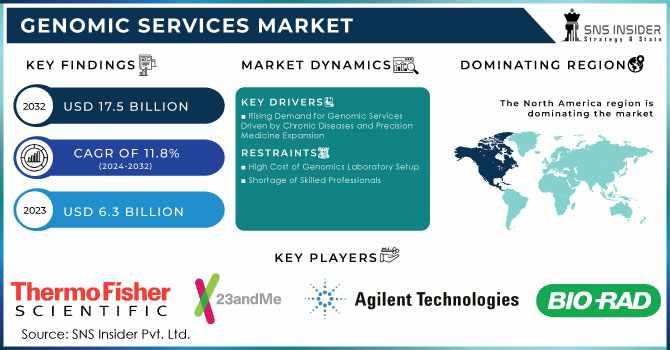
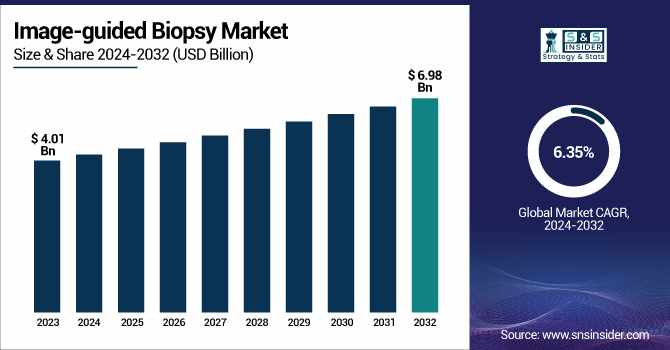
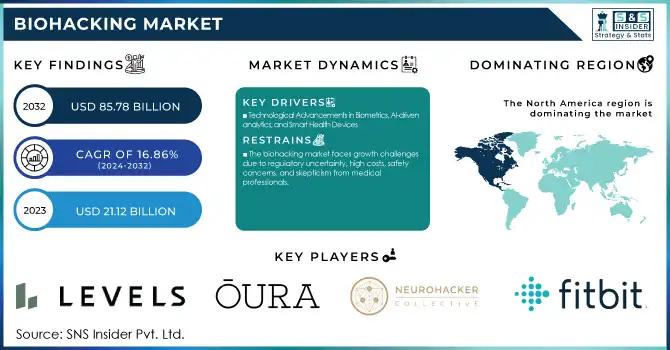
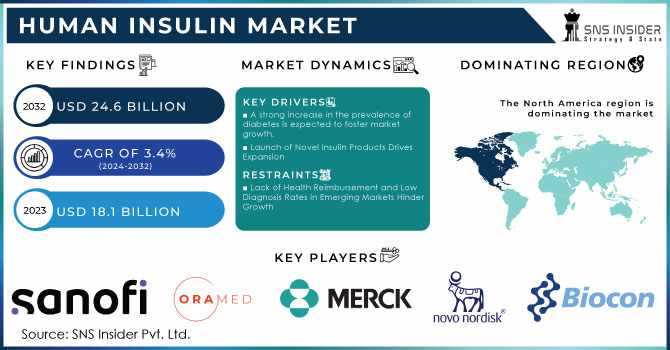
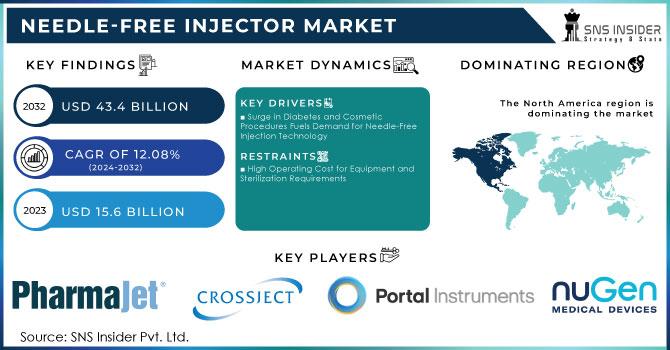

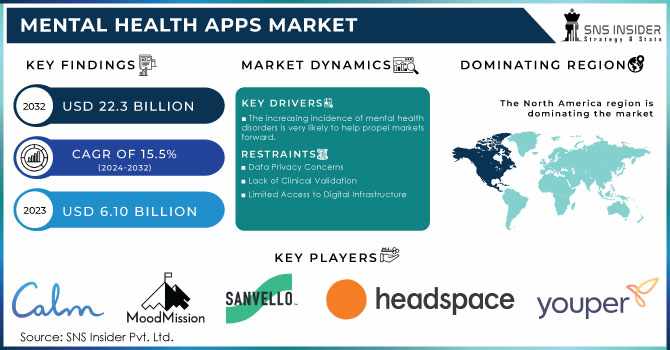
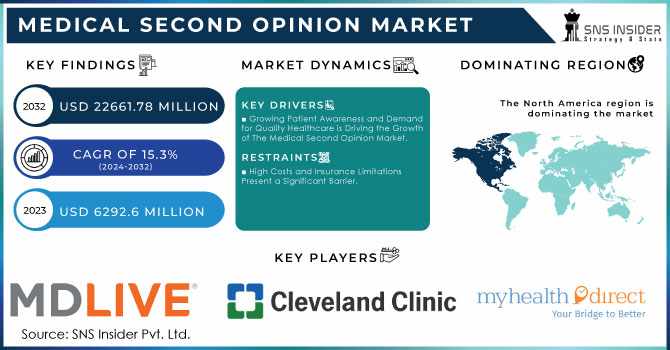
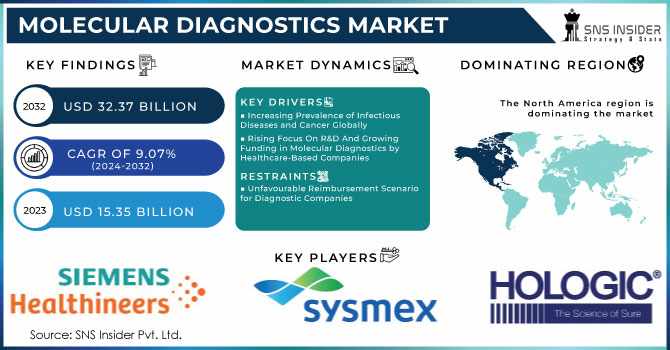
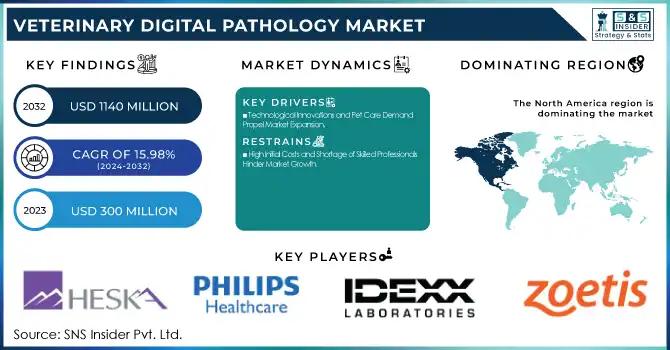

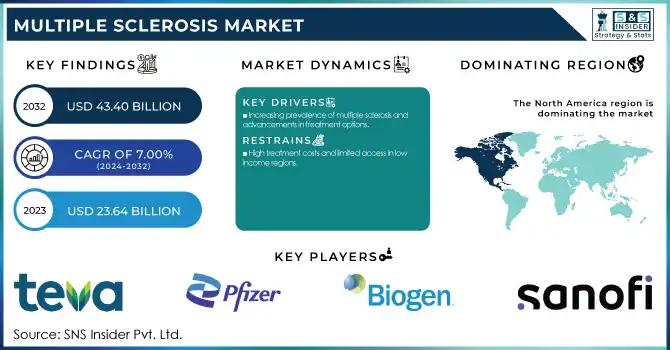
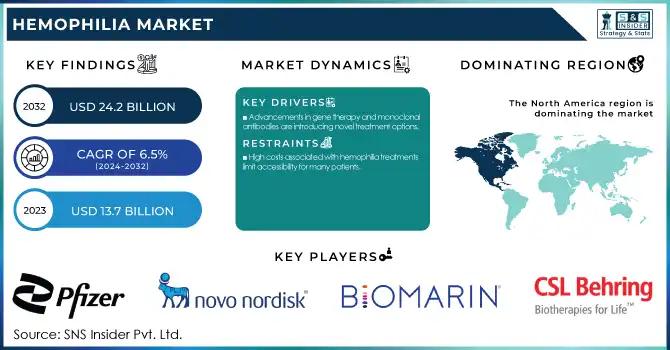
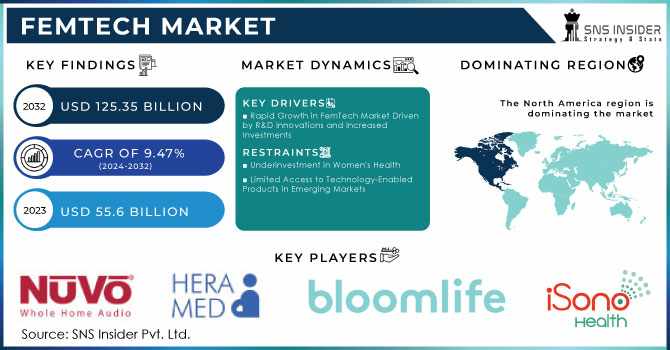

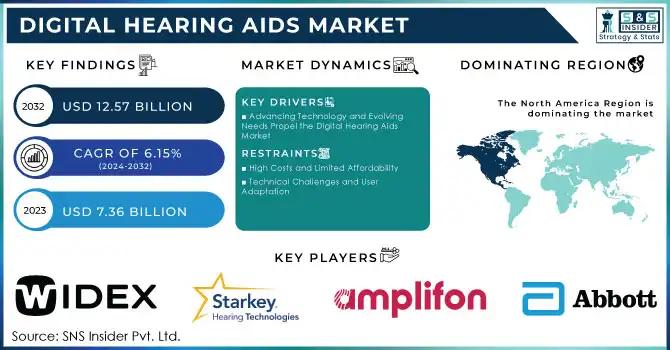
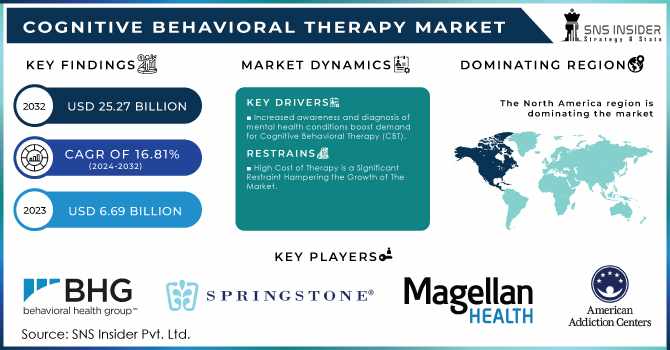
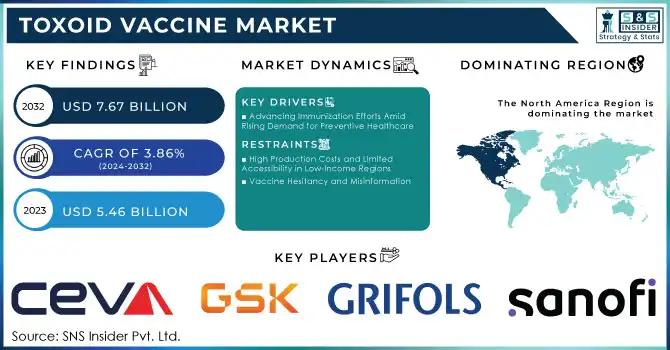
Write a comment ...